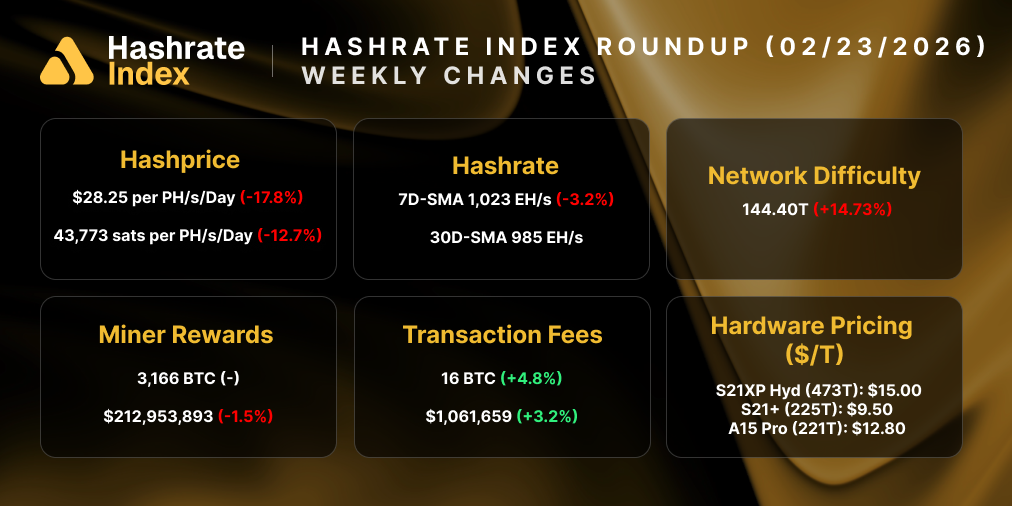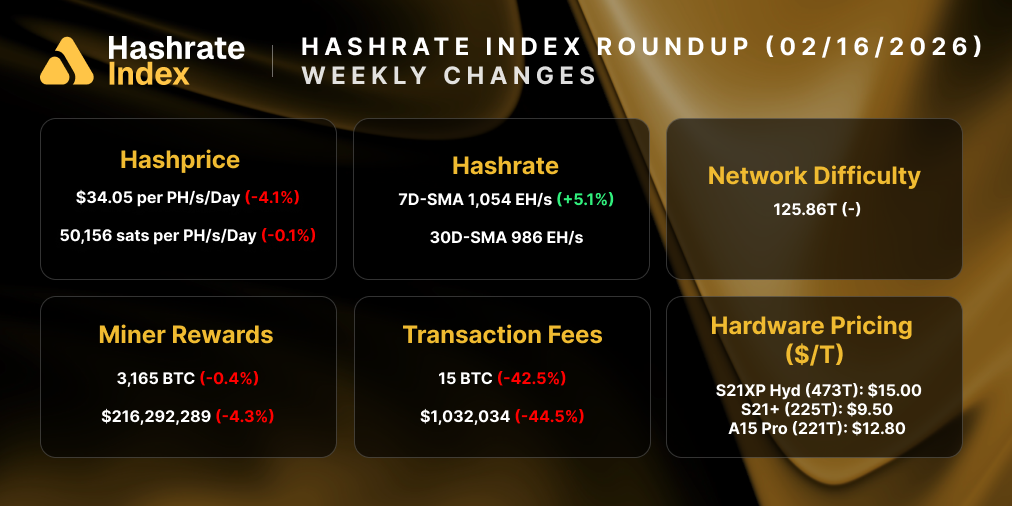
Senator Warren's Bitcoin Sanction Bill Could Be Unconstitutional: Here's What it Means for Bitcoin Miners
Not ones to let a crisis go to waste, US lawmakers are pushing a bill to add bitcoin, crypto, and their services to US sanctions against Russia.
Bitcoin is getting caught in the crossfire of the US's response to the war in Ukraine.
US Senator Elizabeth Warren and other Democratic law makers have proposed a bill which would give the Treasury Department the ability to take legal action against any US citizen who uses cryptocurrencies and their related software to interact with anyone "known to be, or could reasonably be known to be, in Russia"
Warren and her allies introduced the so-called Digital Asset Sanctions Compliance Enhancement Act under cover of the war's shadow with the expressed purpose of shoring up sanctions efforts against Russia. Realistically though, the bill is an attempt to take advantage of a crisis to place the Bitcoin industry and its users under a heavier bureaucratic yoke.
After all, if they really wanted to crack down on sanctions, they would get their own house in order first.
Expectation: Reality: pic.twitter.com/FmgzravEUc
— Luxor Mining (@LuxorTechTeam) March 17, 2022
But before we get too deep into the motivations behind the bill, its consequences, and its (in)feasibility, the TLDR is:
- Some US senators have proposed a bill which would impose US sanctions against entities and individuals in Russia who use cryptocurrencies, support cryptocurrency infrastructure, or build open-source code/tools
- The bill, if passed, would not only affected Russian and Russian-affiliated cryptocurrency users, but it could also impact any cryptocurrency user or company that provides services to Russian users--even someone who publishes open-source code that a Russian uses
- There's a provision that requires US taxpayers to report transactions over $10,000
- It's probably unconstitutional
You may recall Marathon Digital briefly self censoring certain transactions last year in a bid to be the first "OFAC compliant" Bitcoin mining pool. If this bill were to become law, the US would legally obligate Bitcoin miners to censor transactions connected to Russian users.
Sponsored by BlockFi

Digital Asset Sanctions Compliance Enhancement Act: What Is It and What's in It?
Let's start with the basics.
The Bill's expessed purpose is "To impose sanctions with respect to the use of cryptocurrency to facilitate transactions by Russian persons subject to sanctions, and for other purposes."
These sanctions would affect any entities or persons, foreign or domestic, who interact with Russian crypto users, anyone who "significantly and materially assisted, sponsored, or provided financial, material, or technological support for, or goods or services to or in support of" sanctioned persons or entities.
Namely, this includes:
- "digital asset trading platforms," (exchanges, brokers, etc).
- ‘digital asset transaction facilitator’, (mining pools, open-source protocols, DeFi platforms, smart contracts, plus creators and operators of these softwares/services)
Under this logic, the United States could punish anyone publishing code that Russian (or even just Russian-associated) individuals or entities use. Bitcoin Miners and node operators, to speak to the absurdity even further, would be liable under sanctions law for processing and indexing transactions connected to Russian people/entities.
The Bill would give the President the authority to pursue these crypto sanctions under the International Emergency Economic Powers Act.
When we take into account that someone who publishes code could be liable under these new sanctions, the sweeping--and blunderbuss--approach that Warren et al are taking is unwieldy and overbearing.
Not only that, but by threatening to ban certain code, the bill could be unconstitutional. As CoinCenter's Jerry Brito and Peter Van Valkenburgh argue:
Further, the definition of “digital asset transaction facilitator” makes clear that the intent is to direct the President to target all manner of innocent persons in the cryptocurrency space, including persons in the business of effecting transactions via “communication protocol” ... it is unreasonable for Congress to demand that the President sanction everyone matching such a broad description. Indeed it is blatantly unconstitutional under the First Amendment to forbid the publication of open source computer code.
Russian Citizens Have More to Gain From Using Bitcoin Than Putin (and That's a Good Thing)
In their blog, Brito and Valkenburgh argue that these sanctions would have little effect on Russia's government and oligarchs, who they point out aren't even using Bitcoin to a significant degree.
Instead, it would only harm those who need Bitcoin the most in the country: the Russian people, who have seen their savings dissolve in the past month. And it will play into Putin's totalitarianisms, both by reinforcing state talking points that the West is damaging Russia's economy and by handicapping Russians access to an alternative that could undermine the Kremlin's control over its denizens.
Indeed, sanctions would arbitrarily punish ordinary Russians who are against Putin, against the war, and are relying on cryptocurrencies to be able to store and transfer their wealth in a way that is also attacking the Russian financial and economic system. By doing this we would actually be bolstering Putin's control and influence over a Russian population that is likely to view him with decreasing legitimacy by the day.
You would expect US lawmakers to encourage Russians to oppose their own system and rebel. And in this specific instance, instead of the US government surveilling and controlling the use of cryptocurrency, the US should allow for free use of cryptocurrencies to help Russians avoid control and surveillance by their own government.
What's the End Game?
This isn't the first bill law makers have pushed to saddle the crypto industry with unrealistic operating and reporting standards--and it won't be the last.
This bill also seems to operate under assumptions that belong to a paradigm of geopolitics and global finance that many feel we exited the day we seized Russian FX reserves, marking the end of Bretton Woods II and the beginning of Bretton Woods III (a term coined by Zoltan Pozsar).
The stranglehold that the United States has enjoyed over the global financial system, and its ability to utilize coercive sanctions towards foreign policy objectives, has been eroding for years now (the emergence of INSTEX in the wake of Trumps unilateral withdrawal from the JCPOA is a good example here), and the potential emergence of the petro-yuan in a partnership between Saudi Arabia is only the most recent evidence of widening fissures in the facade of US financial centrality and control. So to think that a crypto-sanctions bill would have any real impact on Russia's ability to transact globally is to ignore the reality that US dollar hegemony and control is systematically breaking down.
Watch as @jony_levin tries to answer Sen. Warren’s questions about a hypothetical oligarch with $1 billion already in crypto pic.twitter.com/91upCRGwun
— Neeraj K. Agrawal (@NeerajKA) March 17, 2022
Russian oligarchs and the Russian government will find willing accomplices to help them transact globally whether we apply sanctions or not. To deny ordinary Russians the ability to interact with cryptocurrency markets and technologies would be to sap the will and strength from some of our most important allies in the fight to contain Putin's aggression, while simultaneously doing nothing of real import to constrain Russian elites ability to transact in global markets. This would be a huge own-goal on the part of the US.
Let’s hope, then, that this bill flounders before it gains any serious traction.
Hashrate Index Newsletter
Join the newsletter to receive the latest updates in your inbox.








